
HELP! My teen is not motivated
Motivating a teenager can be challenging, but here are some tips that may help:

How to Talk to Your Friends About Your Mental Illness
Talking to friends about mental illness can be a challenging but ultimately rewarding experience. Here are some steps that can help:

LOUDER THAN THE NOISE Raising Courageous Teens
Courage is essential because it allows individuals to confront fears and take action in difficult situations. This can lead to personal growth, overcoming obstacles, and standing up for beliefs and values. Courage also inspires others and can create positive change in the world.

6 Strategies For Raising Independent Kids
Good news, bad news?
Bad News: Your teen's entitlement is probably your fault.
Good News: Raising independent kids is possible.

Building Resilient Teens (no bubble wrap required)
Our adult instincts drive us to protect children. Given a choice, we’d bubble wrap them. But we can’t.
We can prepare them to navigate the world.
We can support them in developing their character strengths.
We can help them create human connections that allow them to thrive in good times and rebound (maybe even grow) in challenging times.
We can build their resilience.

10 Things to Remember When Going Through Tough Times
Perhaps you’re not having the best day, week… month… or year. I get it. Many feel the same.
So if you’re doing it tough right now, here are 10 truths to help you weather this ‘storm’ and come out the other side better than you went in.

What Should Parents Know? Munchhausen By TikTok: Why Are Some Gen Z-Ers Faking Mental Disorders On Social Media?
Some teenagers are faking Tourette's and Dissociative Identity Disorder on YouTube and TikTok, and many others are led to believe that they may have ADHD, OCD, or depression after watching a short video. What's going on?

Teen Mental Health: What You As A Parent Need To Know
Growing up has never been easy, but it can seem even more daunting for families today. Adolescence is a time of significant change for kids, and dealing with emotions, school, and outside events can be overwhelming sometimes. As a parent, it’s important to help instill in your child healthy mental health habits that will last a lifetime and to know when something may be wrong and a conversation is needed. This blog post will help you better understand teen mental health and how to connect with your child.

Prioritizing Your Mental Health This Christmas
For many, this can be the most challenging time of the year. In 2014, NAMI found that 64% of people with mental illness say the holidays worsen their conditions. In addition, a 2021 survey showed that 3 in 5 Americans feel their mental health is negatively impacted by the holidays.
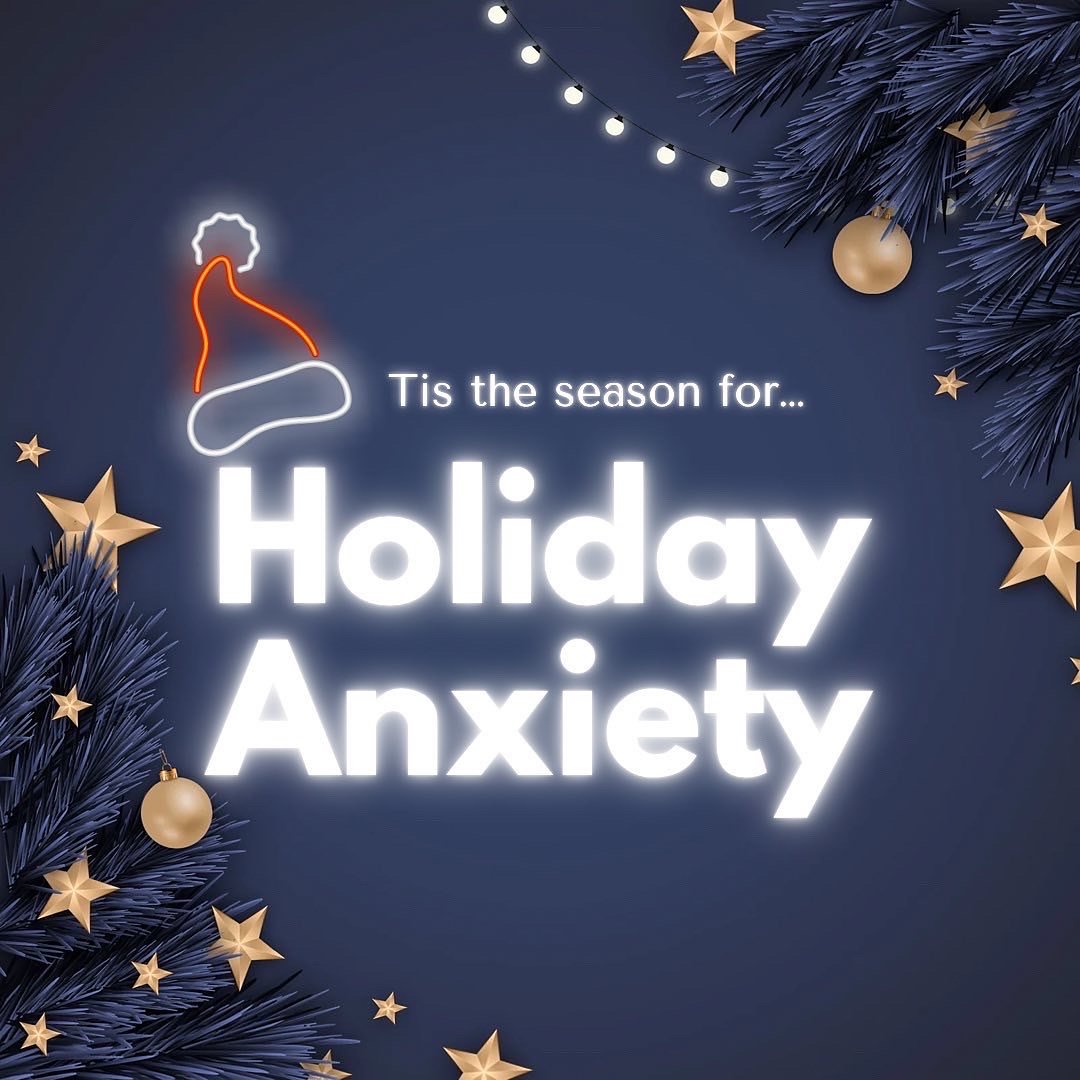
Tis the Season for… Holiday Anxiety
Holiday anxiety: the only present you can more reliably expect from your family each year than new socks.
Every holiday season, many of us experience holiday anxiety whether or not we have to deal with holiday events. And while family may not be the root of yours, it likely belongs to a common group of anxiety sources that affect people as the time for vacations approaches.
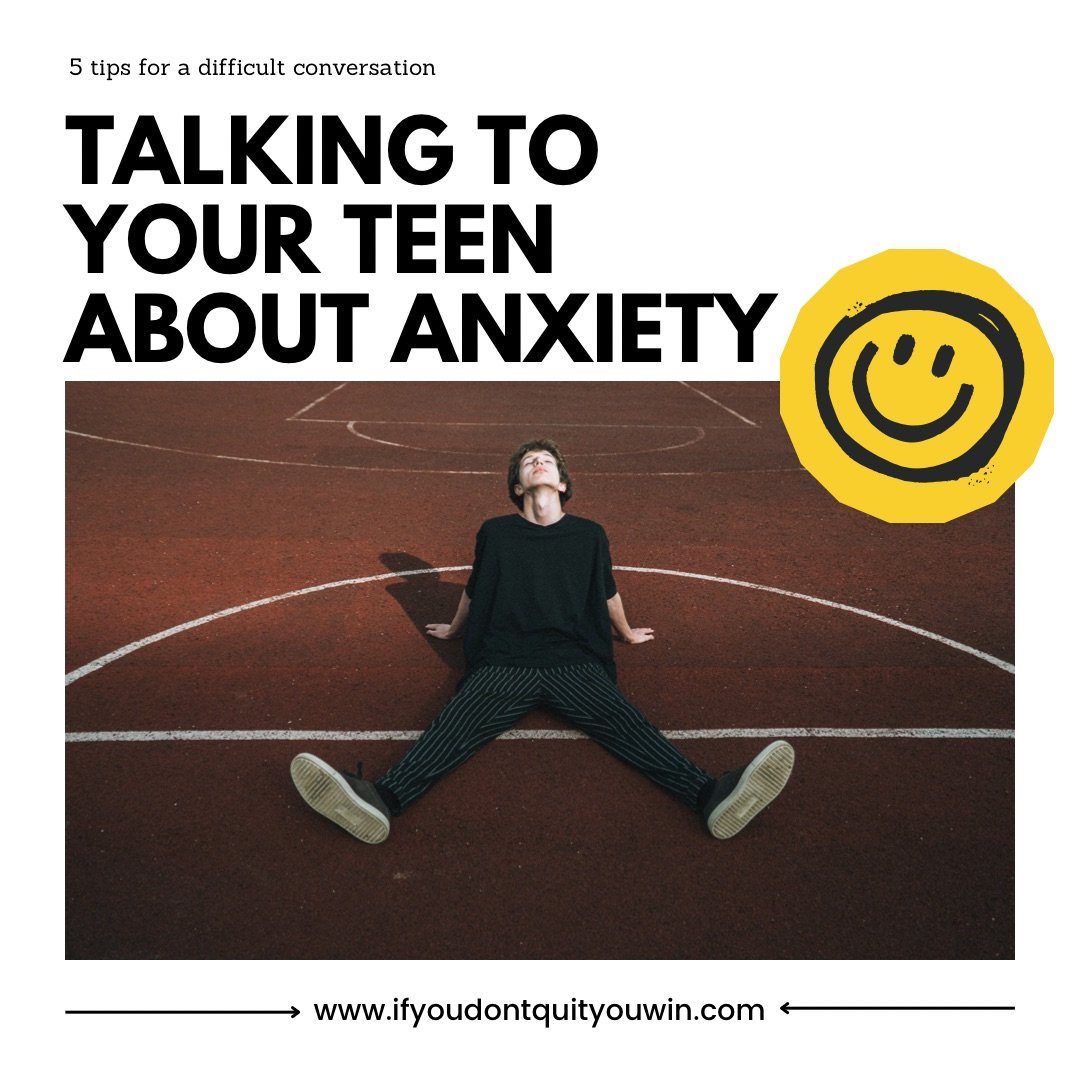
Talking to Your Teen About Anxiety
It can be difficult to talk to your teen about struggles in life. Talking to them about emotional and mental issues can be even more difficult.
Fortunately, there are ways to be supportive that won’t cause more distress for your teen or adolescent. Psychologists have developed, as a guideline, a list of comments that you should learn to avoid. They also offer suggestions for different approaches that might help you reduce your child’s anxiety. Here are 5 of their tips, with a ‘don’t’ and a ‘do’ for each.

Accepting Your Child’s Diagnosis
When you’re a new parent, you often have all sorts of ideas about how your child’s future will look. Most of all, you hope that they’ll live a long and happy life.
If your child is diagnosed with ADHD, Anxiety, ASD etc., you have a new range of possibilities to grapple with. Will your child deal with stigma due to their condition? How will it affect their future career and relationships?

Need a Little Pep Tok
The Peptok emotional-support hotline won’t fix all your problems—but it might make you smile at a time when you probably need some help in that department. The last few years have tough on all of us. With a global pandemic, shootings, political chaos and Russia’s invasion of Ukraine, it’s no wonder people are feeling particularly overwhelmed and anxious at the moment. But sometimes, the smallest thing can give you a tiny, momentary reprieve from it all. Like Peptok, a free emotional-support hotline created by elementary school kids.

6 Things People Don’t Understand About Depression
Our outdated beliefs about depression are killing people.

6 Anxiety Hacks
Many know that yoga, exercise, meditation, and talk therapy can help reduce anxiety. But what do you do when trying to keep it together sitting in a classroom, in an empty waiting room, driving alone, or trying to sleep at night?
Here are seven strategies she uses to help manage anxiety in the moment — and why they work to relieve stress.
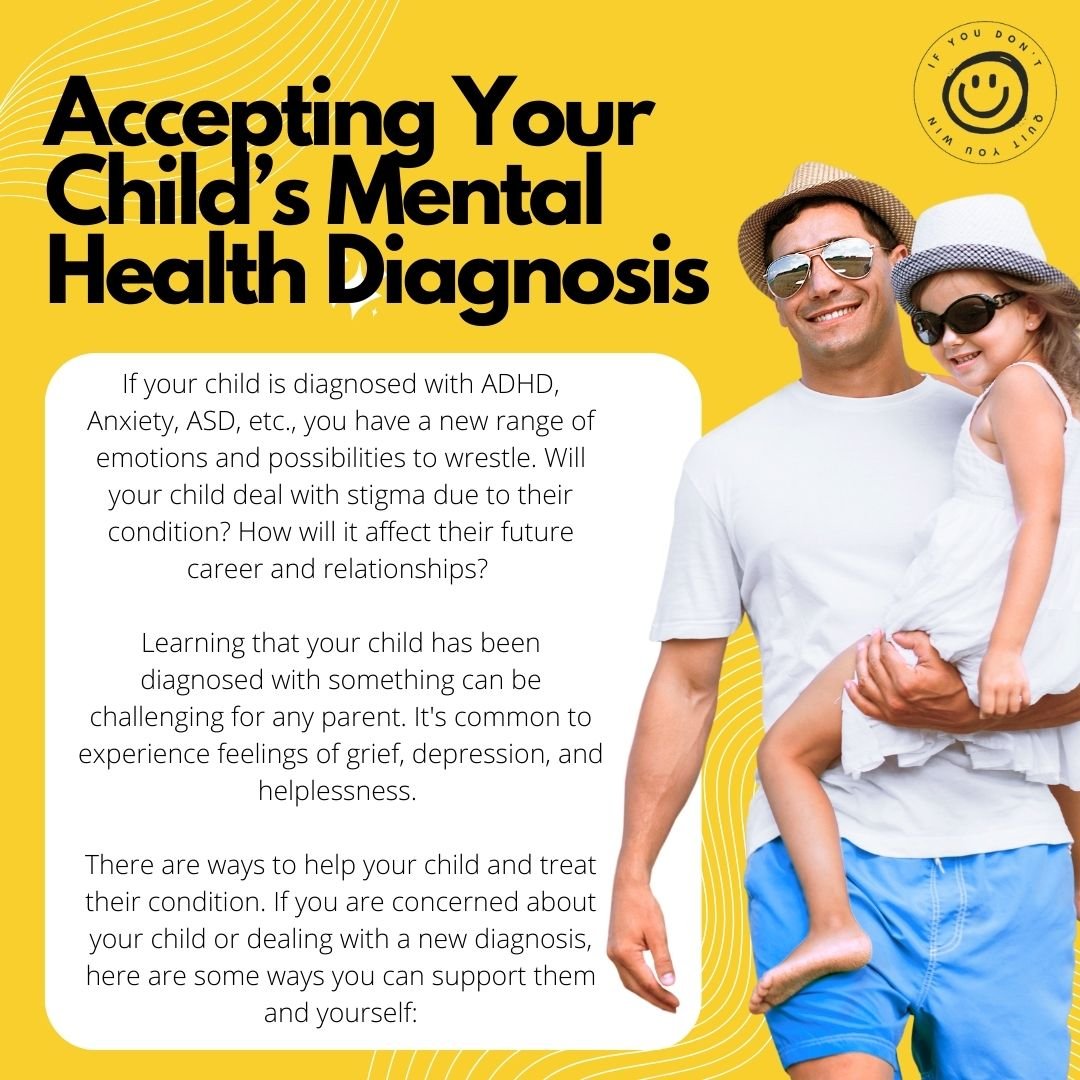
Accepting Your Child’s Mental Health Diagnosis
When you're a new parent, you often have all sorts of ideas about how your child's future will look. But, most of all, you hope they'll live a long and happy life.
If your child is diagnosed with ADHD, Anxiety, ASD, etc., you have a new range of emotions and possibilities to wrestle. Will your child deal with stigma due to their condition? How will it affect their future career and relationships?

Back to School Anxiety. PARENT EDITION
It’s pretty easy to recognize the back-to-school jitters that emerge in children this time of year, but what’s less commonly understood are the anxieties that parents exhibit during this stressful transition period, especially in light of pandemics, school violence, volatile economy, etc.
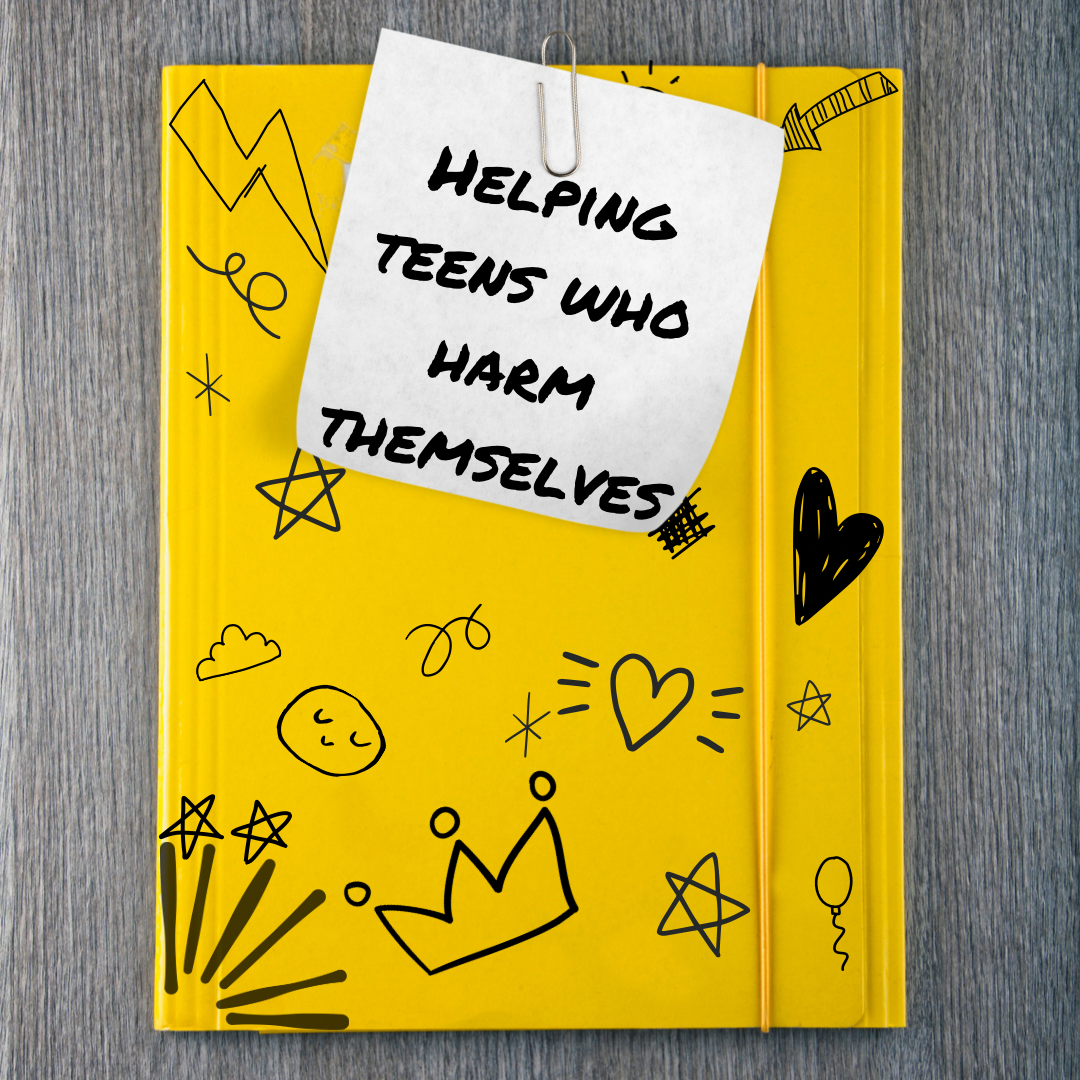
Helping Teens Who Self Harm
Teens who hurt themselves aren't crazy and their self-injury doesn't mean they're suicidal. Instead, it just means they're having trouble coping with their pain in a healthy manner.
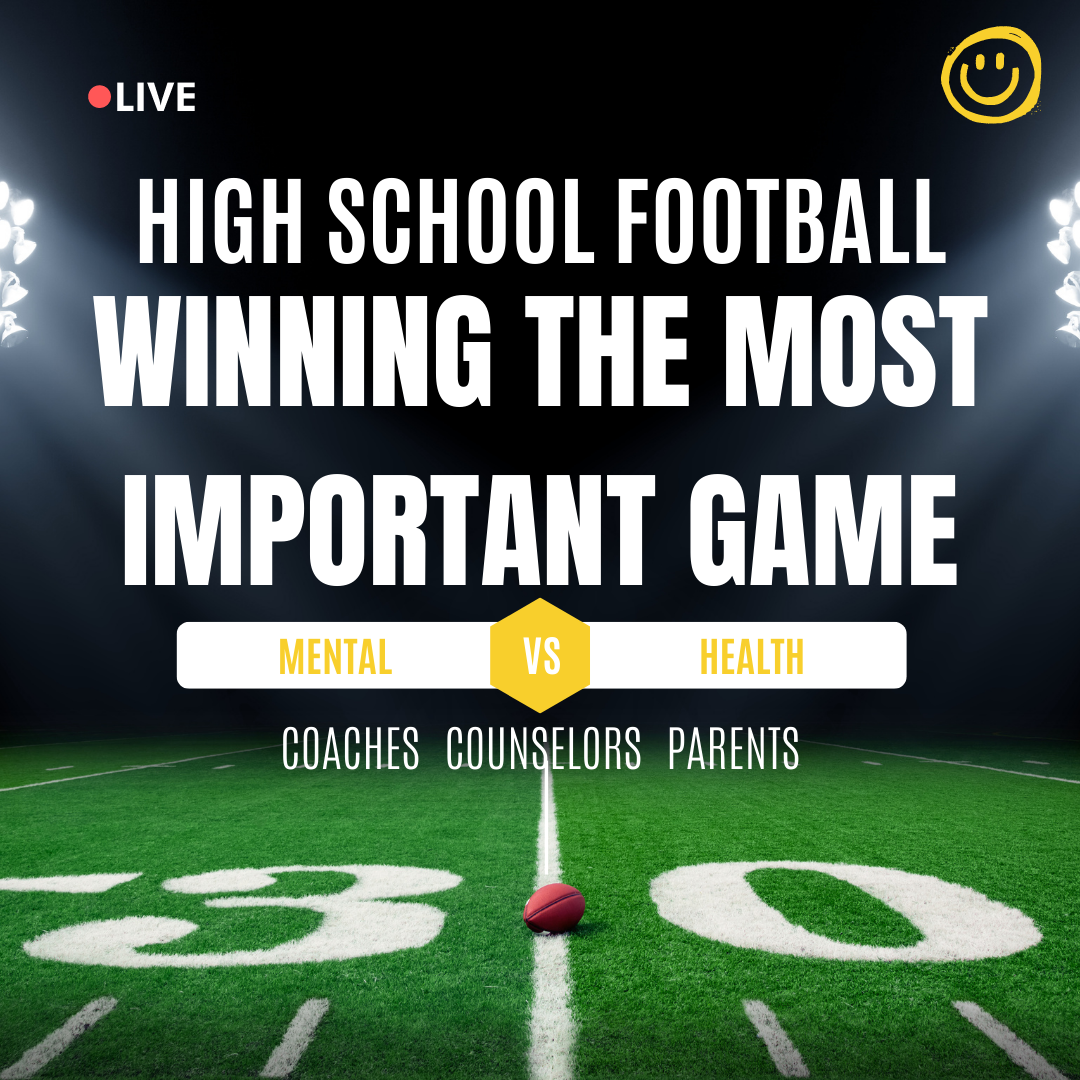
HIGH SCHOOL FOOTBALL: WINNING THE MOST IMPORTANT GAME, MENTAL HEALTH
During these highly unusual times, as coaches face challenges and obstacles different from anything they’ve faced before, we must keep our eyes on a specific goal: the social‐emotional and mental health of our student‐athletes.
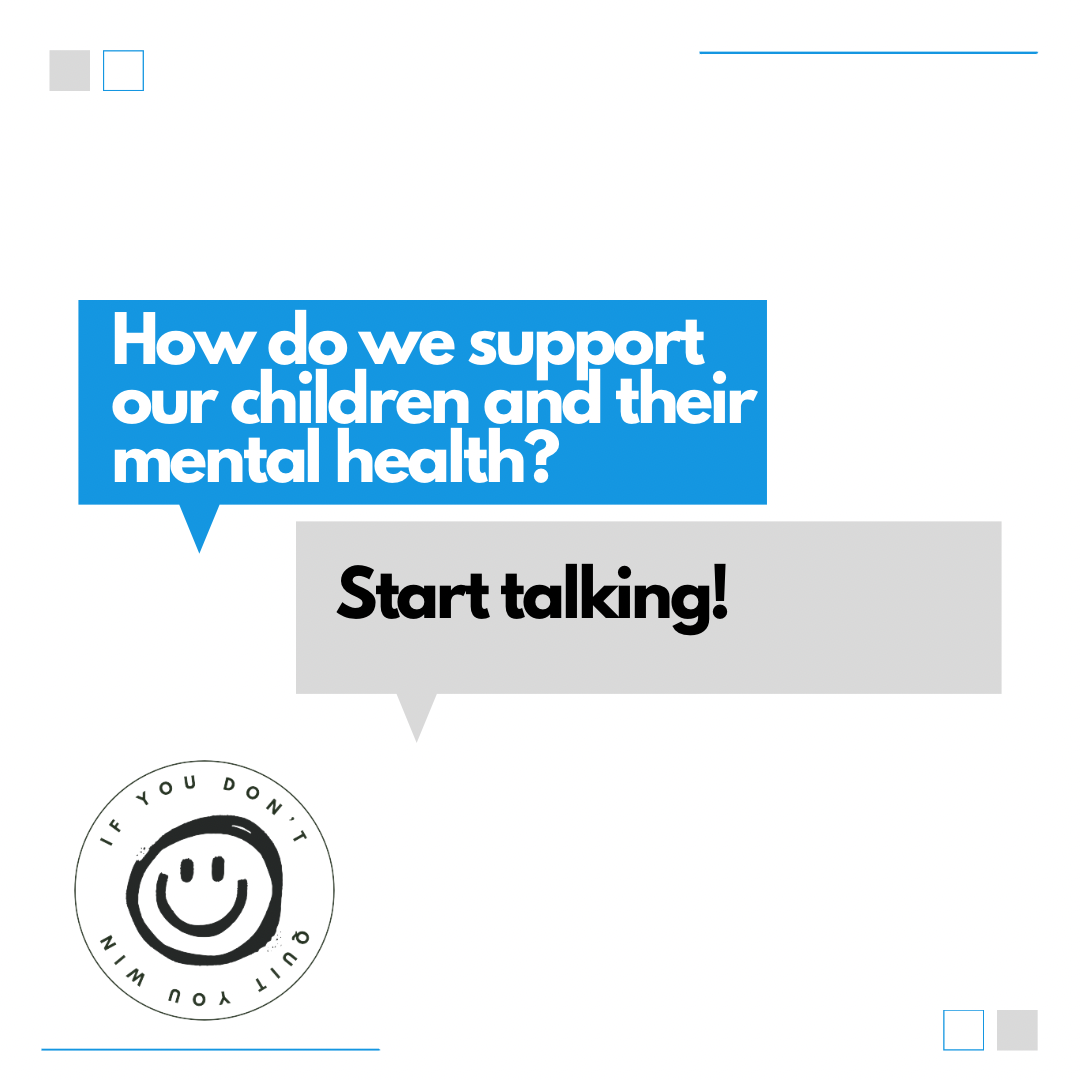
How do we support our children and their mental health? Start talking!
Talking to children about their thoughts, feelings, and experiences helps their healthy growth and development. When you talk to children openly about their day, you can learn about concerns or problems they are dealing with, help problem solve, and build their confidence for facing future difficulties. The more you talk, the easier it is when difficult topics come up!
Breaking the Stigma
The Hayden Hurst Story
Make a donation.
It is estimated that 48.6% of students between the ages of 10-24 experience a mental health crisis. It is additionally estimated that 60% of these effected go uncared for in anyway. It is our belief that this happens when the natural result of mental illness or crisis is isolation, because it is misunderstood or stigmatized. The second leading cause of death in this age group is suicide and it is actually the number one cause of death among 14 & 15 year old American teens.
If you don’t quit you win is led by successful professionals who are willing to share their compelling stories and experiences helping these champions believe that Mental Illness does not mean you can not be successful in every area of your life.
Your generous support allows us to fulfill our 4 step process:
Motivating young people through school assemblies and seminars
Mentoring young people through weekly phone calls with our approved mentors and monthly online huddles with other young people of similar interests facing the same challenges. Monitored and led by one of our adult coaches.
Partnering with parents to support family plans and strategies to build champion successful young people with or without mental illness.
Resourcing School Administrators, Teachers and Coaches with seminars on how to support and motivate this large demographic as well as weekly support materials.


